
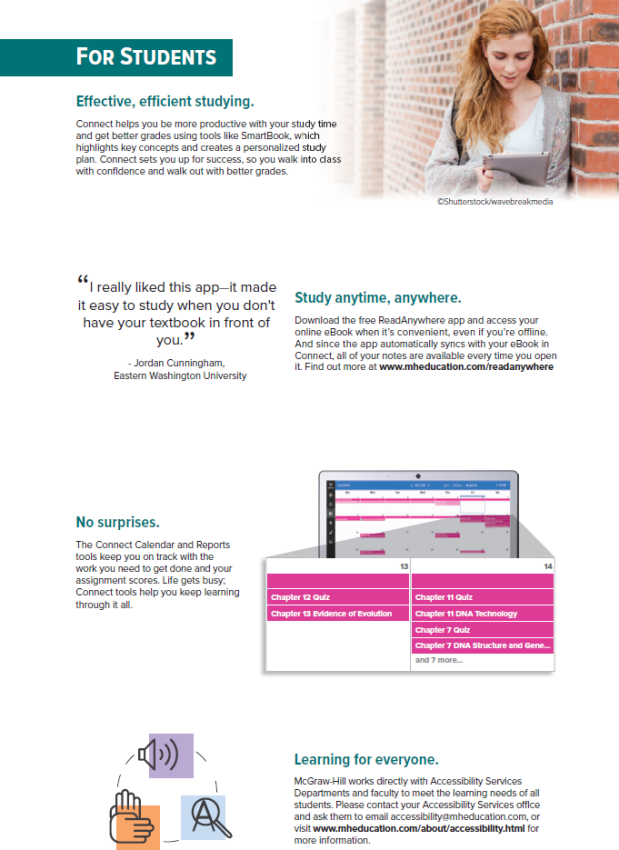
Page iv

WE THE PEOPLE: AN INTRODUCTION TO AMERICAN GOVERNMENT, THIRTEENTH EDITION
Published by McGraw-Hill Education, 2 Penn Plaza, New York, NY 10121. Copyright 2019 by McGraw-Hill Education. All rights reserved. Printed in the United States of America. Previous editions 2017, 2015, and 2013. No part of this publication may be reproduced or distributed in any form or by any means, or stored in a database or retrieval system, without the prior written consent of McGraw-Hill Education, including, but not limited to, in any network or other electronic storage or transmission, or broadcast for distance learning.
Some ancillaries, including electronic and print components, may not be available to customers outside the United States.
This book is printed on acid-free paper.
1 2 3 4 5 6 7 8 9 LCR 22 21 20 19
ISBN 978-1-259-91240-5 (bound edition)
MHID 1-259-91240-X (bound edition)
ISBN 978-1-260-16575-3 (loose-leaf edition)
MHID 1-260-16575-2 (loose-leaf edition)
Portofolio Manager: Jason Seitz
Product Development Manager: Dawn Groundwater
Senior Product Developer: Sarah Colwell
Marketing Manager: Will Walter
Content Project Managers: Rick Hecker, George Theofanopoulos
Buyer: Laura Fuller
Design: Egzon Shaqir
Content Licensing Specialist: Ann Marie Jannette
Cover Image: Steve Heap/Shutterstock
Compositor: Aptara, Inc.
All credits appearing on page or at the end of the book are considered to be an extension of the copyright page.
Library of Congress Cataloging-in-Publication Data
Names: Patterson, Thomas E. Title: We the people / Thomas E. Patterson, Bradlee Professor of Government and the Press, John F. Kennedy School of Government, Harvard University. Description: Thirteenth edition. | New York, NY : McGraw-Hill Education, [2019] Identifiers: LCCN 2018041814 | ISBN 9781259912405 (alk. paper) | ISBN 125991240X (alk. paper) Subjects: LCSH: United StatesPolitics and government. Classification: LCC JK276 .P38 2019 | DDC 320.473dc23 LC record available at https://lccn.loc.gov/2018041814
The Internet addresses listed in the text were accurate at the time of publication. The inclusion of a website does not indicate an endorsement by the authors or McGraw-Hill Education, and McGraw-Hill Education does not guarantee the accuracy of the information presented at these sites.
mheducation.com/highered
Page v
To My Son and Daughter.
Alex and Leigh
Page vi
about the author

Courtesy of Thomas Patterson
Thomas E. Patterson is Bradlee Professor of Government and the Press in the John F. Kennedy School of Government at Harvard University. He was previously Distinguished Professor of Political Science in the Maxwell School of Citizenship at Syracuse University. Raised in a small Minnesota town near the Iowa and South Dakota borders, he attended South Dakota State University as an undergraduate and served in the U.S. Army Special Forces in Vietnam before enrolling at the University of Minnesota, where he received his PhD in 1971.
Since then, he has regularly taught introductory American government. In 2013 he was chosen as teacher of the year and adviser of the year by Harvard Universitys Kennedy School of Government students, the first time a member of its faculty has received both awards simultaneously.
He has authored numerous books and articles, which focus mainly on elections, the media, and citizenship. His most recent book, Informing the News, which was described as superb and mesmerizing in one review, examines the public misinformation resulting from the emergence of partisan outlets and the decline in citizens attention to news. An earlier book, The Vanishing Voter (2002), describes and explains the long-term decline in voter participation. His book Out of Order (1994) received national attention when President Clinton urged every politician and journalist to read it. In 2002 Out of Order received the American Political Science Associations Graber Award for the best book of the past decade in political communication. Another of Pattersons books, The Mass Media Election (1980), received a Choice award as Outstanding Academic Title, 19801981. Pattersons first book, The Unseeing Eye (1976), was selected by the American Association for Public Opinion Research as one of the 50 most influential books of the past half century in the field of public opinion.
His research has been funded by major grants from the National Science Foundation, the Markle Foundation, the Smith-Richardson Foundation, the Ford Foundation, the Knight Foundation, The Carnegie Corporation, and the Pew Charitable Trusts.
Page vii
contents
- Page x
- Page xiii
- Page xv
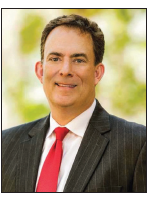
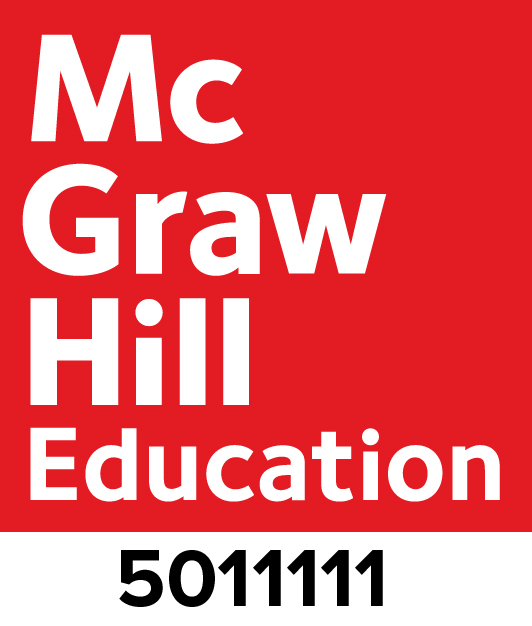
Page xix
A Letter from the Author
Anyone who writes an introductory program on American government faces the challenge of explaining a wide range of subjects. One way is to pile fact upon fact and list upon list. Its a common approach to textbook writing, but it turns politics into a pretty dry subject. Politics doesnt have to be dry, and it certainly doesnt have to be dull. Politics has all the elements of drama plus the added feature of affecting the everyday lives of real people.
My goal has been to make this text the most readable one available. Rather than piling fact upon fact, the program relies on narrative. A narrative program weaves together theory, information, and examples in order to bring out key facts and ideas. The response to this approach has been gratifying. As a previous edition was being prepared, I received the following note from a longtime instructor:
I read this book in about three days, cover to cover.... I have never seen a better basic government/politics textbook. I think reading standard textbooks is boring (to use a favorite student word), but this one overcomes that. Dr. Patterson has managed to do something that I heretofore thought could not be done.
When writing, I regularly reminded myself that the readers were citizens as well as students. For this reason, the text encourages critical thinking, by which I mean the process through which an individual determines what can reasonably be believed and then applies reason and information to reach a thoughtful conclusion. Each chapter has five boxes that ask you to think critically. Two of thesethe How the U.S. Differs box and the How the 50 States Differ boxask you to think critically about differences in governing systems. A third boxParty Polarizationasks you to critically analyze differences in the Republican and Democratic Parties. A fourth boxCase Studydiscusses a political event and then asks you to analyze the outcome. The final boxFake or Fact?asks you to critically assess a factual claim. These boxes are rooted in the idea that critical thinking is a skill that can be nurtured and, once acquired, can help you become a more responsible citizen, whether in casting a vote, forming an opinion about a public policy, or contributing to a political cause. Page xx

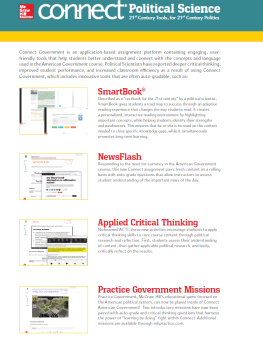
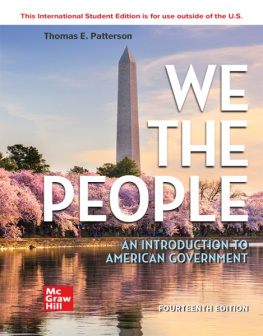
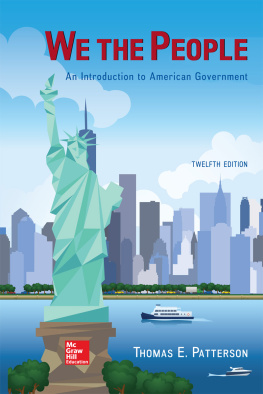

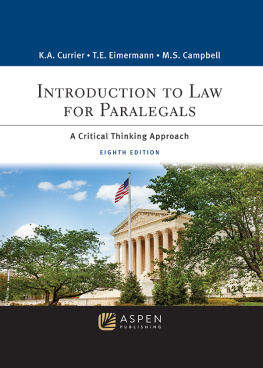

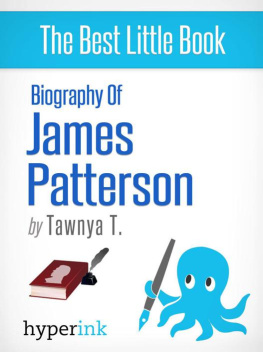

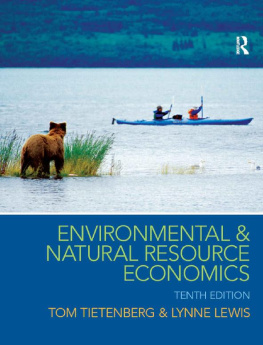
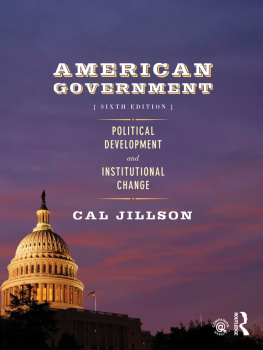






 Page xix
Page xix